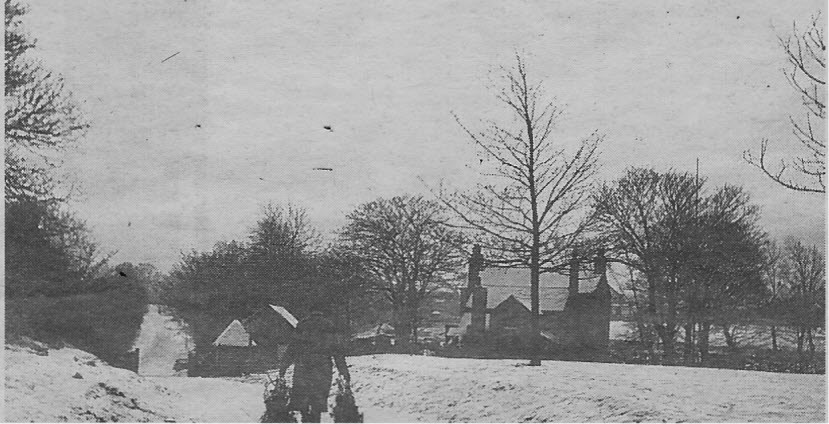
From the mid-1880s Sutton Park became an extremely popular destination for a day out. Huge numbers of people travelled by railway from Birmingham and Walsall, paying an admission charge at the gates. This was set at one penny for an adult and a halfpenny for a child for five days of the week, with the admission charges doubling on Fridays and Sundays.
In 1907 these charges were increased to twopence for adults and one penny for children; those who sold refreshments in the park or hired out donkeys protested loudly.
The revenue that the town council received from admission charges was substantial - in 1903-04 amounting to £1,490 - and more than covered what were called 'protection expenses'.
For Suttonians, however, there were no admission charges, even if they arrived on horses or in carriages. This was one of a number of privileges that local people enjoyed. Each December they were also able to apply for a free bundle of holly. In 1905 1,500 bundles of holly were distributed to inhabitants; in 1922 3,000 bundles were given away. Privileges of this sort were occasionally and temporarily extended. During the miners' strike of 1921, 750 permits were issued enabling residents to collect fallen branches for their fires.
Taking rabbits was prohibited under the regulations of the park - two men who did so in April 1931 were fined 30s and 20s respectively - but such were their numbers that for a few days either in December or January of each year the town council offered permits enabling local people to catch them using ferrets. Participants were not permitted to use guns or fill up burrows and the land had to be made good afterwards. When the scheme was introduced in 1902, 843 permits were issued. By 1911 this had fallen to 90.
The rabbits had been driven by fires amongst the gorse and heather into burrows in woods where they were much more difficult to find. However, in the inter-war years, there was a revival of interest; in some years up to 500 rabbits were caught. During the Second World War American soldiers stationed in Sutton were permitted to enter the park without payment. This caused ill-feeling amongst those who lived in Birmingham and elsewhere that admission charges still applied to them.
Sutton Park: A Social History 1900-1950 by Stephen Roberts is available from Amazon, £5.
Associate Professor
Stephen Roberts